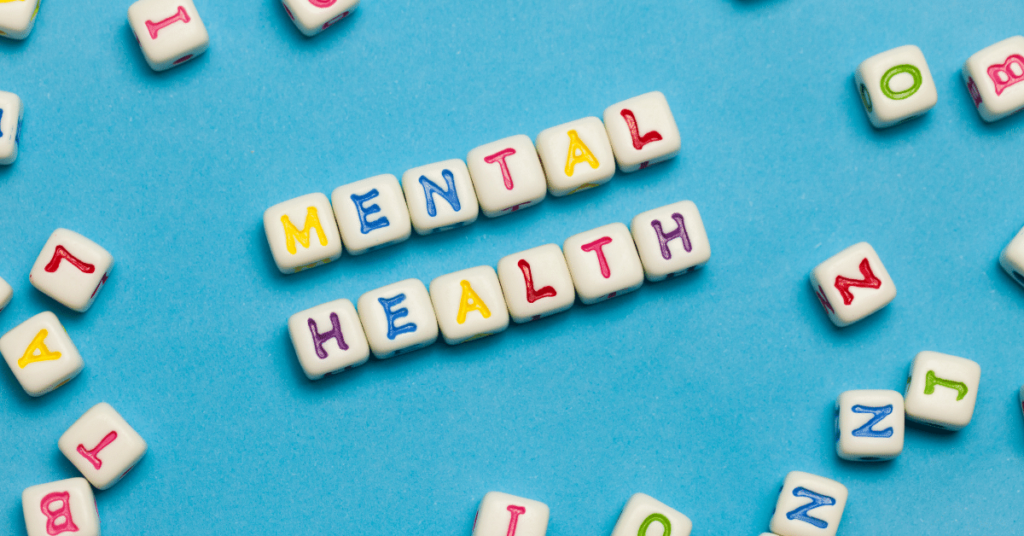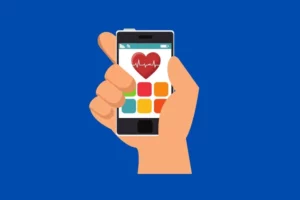Contents
- 1 Mental Health Apps
- 1.1 Headspace
- 1.2 MantraCare
- 1.3 Mood Gym
- 1.4 Calm
- 1.5 Moodpath
- 1.6 7 Cups
- 1.7 Facebook Crisis Response Page
- 1.8 Talkspace
- 1.9 Pacifica
- 1.10 Calm.com
- 1.11 Smiling Mind
- 1.12 Stop, Breathe, & Think
- 1.13 BetterHelp
- 1.14 My Mood Monitor
- 1.15 Breathing Space
- 1.16 YeahMoods
- 1.17 What’s Up?
- 1.18 Crisis Text Line
- 1.19 “The 5 Minute Journal”
- 1.20 “Inner Balance”
- 2 Who Should Use Mental Health Apps?
- 3 Effectiveness Of Mental Health Apps
- 4 Disadvantages Of Mental Health Apps
- 5 Conclusion
Mental Health Apps
Mental health apps can help people in various ways. Some apps are designed to be used for short periods of time to help during the day, while others are a little more intense and offer long-term treatment options. These apps all have different benefits and disadvantages, but ultimately each one is unique and tailored to a person’s needs.
The following article will explore some of these mental health apps that are currently available on the market today. so you can find one that best suits your needs.
There are a number of mental health apps on the market that can be helpful in dealing with a variety of issues. I’ll list 20 best mental health apps in 2025 of my favorites below.
Headspace
Headspace is an app that provides guided meditation and mindfulness exercises. It’s a great way to learn how to relax and manage stress. As an added bonus, you can access some of these exercises for free on their website.
MantraCare
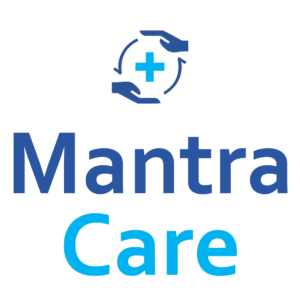
Mantracare is an online resource that has different apps for different mental health issues. They have an app for anxiety, depression, bipolar disorder, post-traumatic stress disorder, and eating disorders. Each app includes educational materials about the disorder, a symptom diary to help track your progress and relaxation exercises.
It is best suitable for people who want to learn about their disorder and how to manage it. They also provide online therapy which can be helpful to people who are unable or unwilling to seek help in person.
Mood Gym
This app is free to download and provides you with tools to help deal with issues like stress, anxiety, panic attacks, PTSD, mood swings, and depression. Some of the features include relaxation techniques (Breathe Bubble), sleep stories (Dream Catcher), medication management (Meds Reminder), and much more.
This app is the best for people struggling with mental health issues on a daily basis. It’s very comprehensive and provides a lot of helpful resources.
Calm
The Calm app is designed to help you live a more productive, stress-free life. It offers guided meditations, sleep stories, and peaceful music to help you relax and de-stress. They also offer a 7-day trial so that you can try it before you buy.
Moodpath
Moodpath is a mental health app designed to help you assess your symptoms and track your mood. As part of the assessment, you’ll complete questionnaires that will help you determine if further testing or treatment is necessary. They also offer tips and strategies for coping with issues like stress, anxiety, and depression. This app requires an account using your email address.
7 Cups
7 Cups is a community where users talk to trained listeners who will provide support and give feedback. You can also read other users’ stories and share your own if you like.
Facebook Crisis Response Page
This is a Facebook page that’s been created to help people find crisis resources and support. It includes links to hotlines, support groups, and other resources.
Talkspace
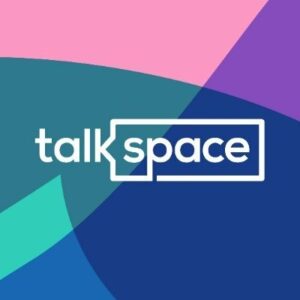
Talkspace is an online therapy service that connects you with a therapist who can help you manage your mental health. It is a great option if you don’t have access to mental health services in your area. If you’re looking for therapy but don’t want to leave the comfort of your own home, Talkspace may be the app for you. It offers online counseling and therapy from licensed therapists. You can choose a therapist based on their area of expertise, see ratings and reviews, and read bios.
Pacifica
Pacifica is an app that helps you manage stress and anxiety. It includes a variety of tools, including a mood tracker and relaxation exercises. It’s a great option if you’re looking for an all-in-one solution.
Calm.com
Calm.com is an online resource that provides information on how to manage stress and anxiety. It includes a variety of articles, videos, and other resources. Calm.com is an app that helps you to practice mindfulness and relaxation techniques. It also has a feature that allows you to track your mood and see how your stress levels have changed over time.
Smiling Mind
Smiling Mind is an app that provides mindfulness exercises for people of all ages. It’s a great option for families who want to work on their mental health together.
Stop, Breathe, & Think
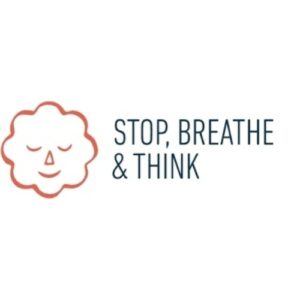
Stop, Breathe, & Think is an app that helps you manage your emotions. It includes a variety of exercises, including breathing exercises and meditation. Stop, Breathe, & Think is another mindfulness meditation app that allows you to track your mood and see how your stress levels have changed over time. It also has a feature that allows you to connect with others who are going through similar experiences.
BetterHelp
BetterHelp is an online therapy service that connects you with a therapist who can help you manage your mental health. It is a great option if you don’t have access to mental health services in your area.
My Mood Monitor
My Mood Monitor is an app that helps you track your moods over time. It can be helpful in identifying patterns and triggers.
Breathing Space
Breathing Space is an app that helps you deal with stress and anxiety. It includes mindfulness exercises, relaxation exercises, and breathing techniques.
YeahMoods
YeahMoods is a mood tracker that provides helpful feedback about your moods over time. It’s a great option for people who want to learn more about how their mood changes over time.
What’s Up?
What’s Up? is a resource that provides various ways to deal with feelings of anxiety, stress, and depression. It includes information on coping skills and managing emotions.
Crisis Text Line
Crisis Text Line allows you to connect with a trained listener via text message. It’s a great option for people who don’t want to talk on the phone or feel uncomfortable doing so.
“The 5 Minute Journal”
This is a journaling app that helps you reduce anxiety and come up with positive things to focus on every day. It includes prompts for gratitude, affirmations, and calming questions.
“Inner Balance”
Inner Balance is designed for people who want to incorporate mindfulness into their daily routine. It includes a variety of exercises, including a “breathing light” that helps you stay focused.
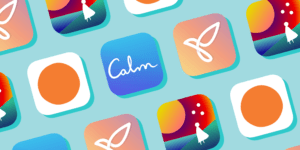
Mental health apps are mobile applications that help people with mental disorders to track their symptoms, create daily logs, and take care of themselves. A few examples of these apps are Mental Health Tracker, Cope-A-Day, MoodKit, Calm Clinic.
There is a wide variety of mental health apps available to choose from. It’s important to use an app that you feel comfortable using and one that you think will be helpful for your specific situation. Some apps are free, while others may require a subscription fee.
If you’re using an app for mental health purposes, try to determine if you think it’s effective and/or necessary for your needs. A good rule of thumb is if the app doesn’t appear helpful or you stop using it, it might be time to find another app.
If you’re feeling overwhelmed or don’t know where to start, consider talking to your doctor about the best options for you. They may be able to recommend an app or provide guidance on how to use mental health apps effectively. Remember, it’s important to stay safe and healthy when using apps for mental health purposes. If you’re feeling unsafe or out of control, stop using the app and reach out for help.
Who Should Use Mental Health Apps?

Mental health apps are ideal for people who suffer from anxiety, depression, bipolar disorder. These apps can be accessed by an individual on a regular basis to monitor the severity of their symptoms and assist in healthy lifestyle habits that will help them feel better or prevent future episodes of mental illness. Some mental health apps require you to create your account using your email while others allow you to sign up with Facebook credentials.
Anxiety and stress are two of the most common mental health problems. Fortunately, there are a number of apps that can help people deal with these issues. Apps such as Breathing Space and Stop, Breathe, & Think to provide users with various exercises that help them manage their anxiety and stress levels. A person with bipolar disorder, for example, may find it helpful to use an app that tracks their moods over time. This can help them to see patterns in their behavior and emotions.
Effectiveness Of Mental Health Apps
There is no one-size-fits-all answer to this question, as the effectiveness of mental health apps will vary from person to person. It’s important to find an app that you feel comfortable using and one that you think will be helpful for your specific situation. Some apps are free, while others may require a subscription fee.
If you’re using an app for mental health purposes, try to determine if you think it’s effective and/or necessary for your needs. A good rule of thumb is if the app doesn’t appear helpful or you stop using it, it might be time to find another app.
If you’re feeling overwhelmed or don’t know where to start, consider talking to your doctor about the best options for you. They may be able to recommend an app or provide guidance on how to use mental health apps effectively. Remember, it’s important to stay safe and healthy when using apps for mental health purposes. If you’re feeling unsafe or out of control, stop using the app and reach out for help.
Disadvantages Of Mental Health Apps
There are many disadvantages to the use of mental health apps. One disadvantage is that they may not be accessible or affordable for everyone. For some people, using an app may also take more effort than they are willing to give. This is due to specific types of anxiety, like social anxiety, where you would be less likely to want to go outside and talk with others about what you’re feeling on your phone or on a computer screen.
Another potential drawback is that apps that offer relaxation exercises may not help if the person has depression or other serious mental health conditions.
Finally, it’s important to remember that just because someone else benefits from an app doesn’t mean it will work for you. The effectiveness of mental health apps will vary from person to person.
Conclusion
The bottom line is that mental health apps can be a great way to manage your mental health. They provide a variety of resources and tools that can be helpful for people with all types of mental disorders. If you’re considering using an app for mental health purposes, it’s important to do so in a healthy and safe way. If you are looking for help with mental health issues, reach out to us and live a healthy life.
If you are looking for affordable Online Counseling MantraCare can help: Book a trial therapy session
